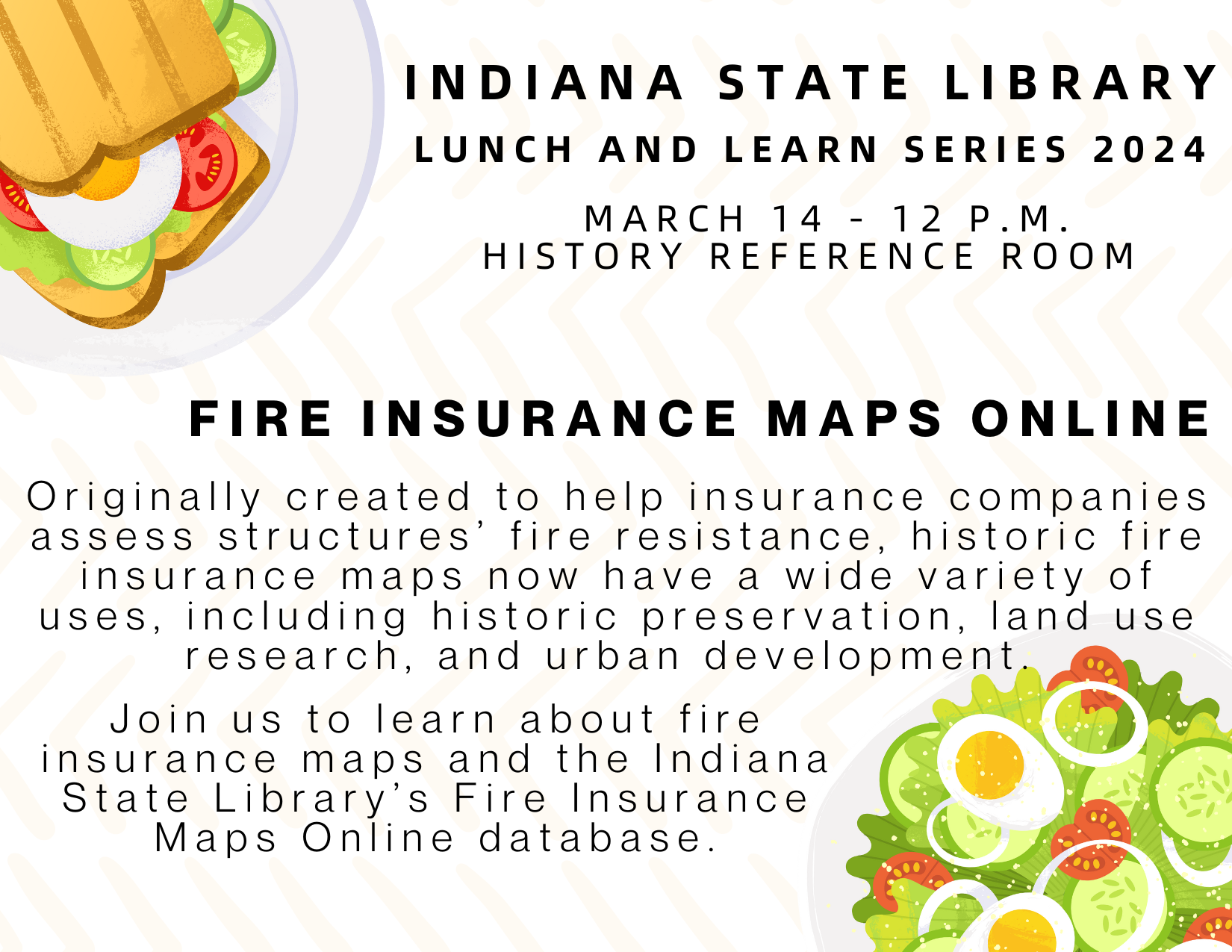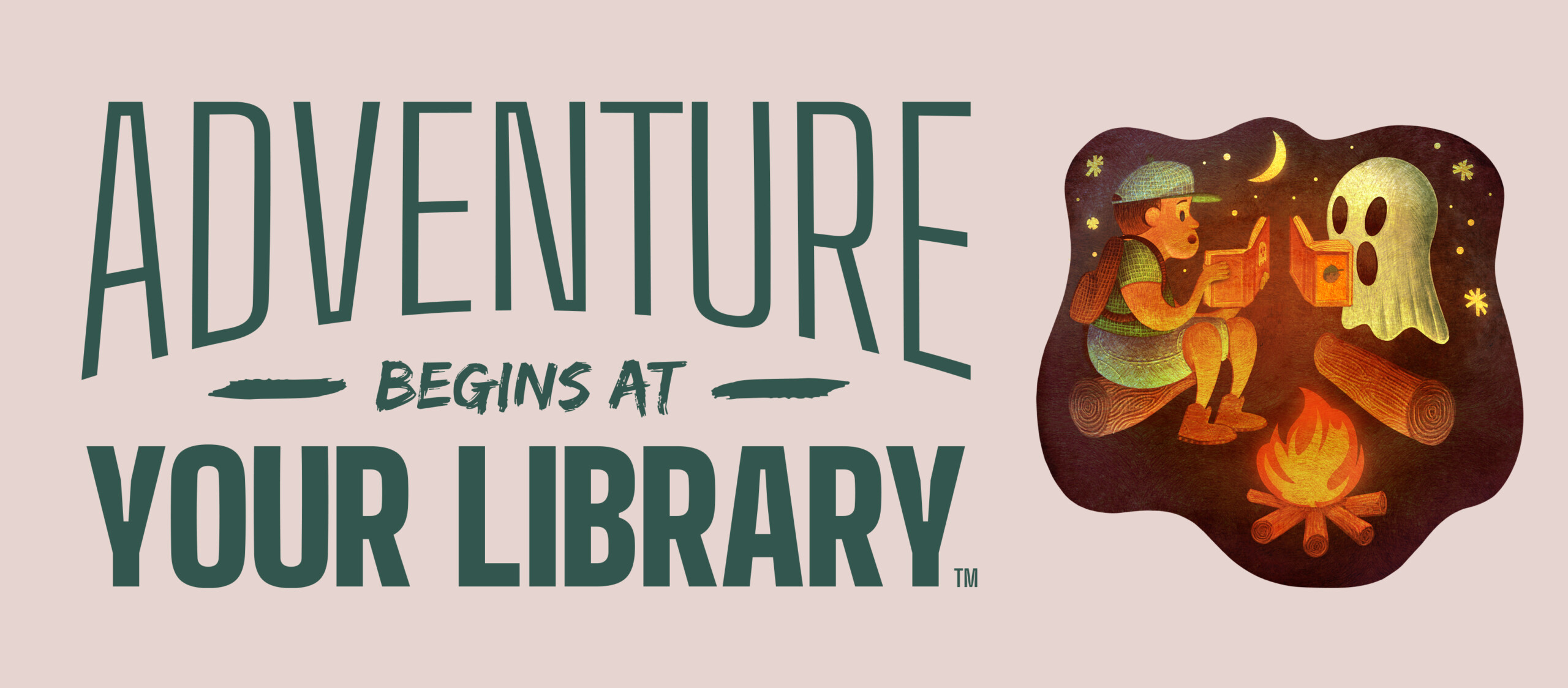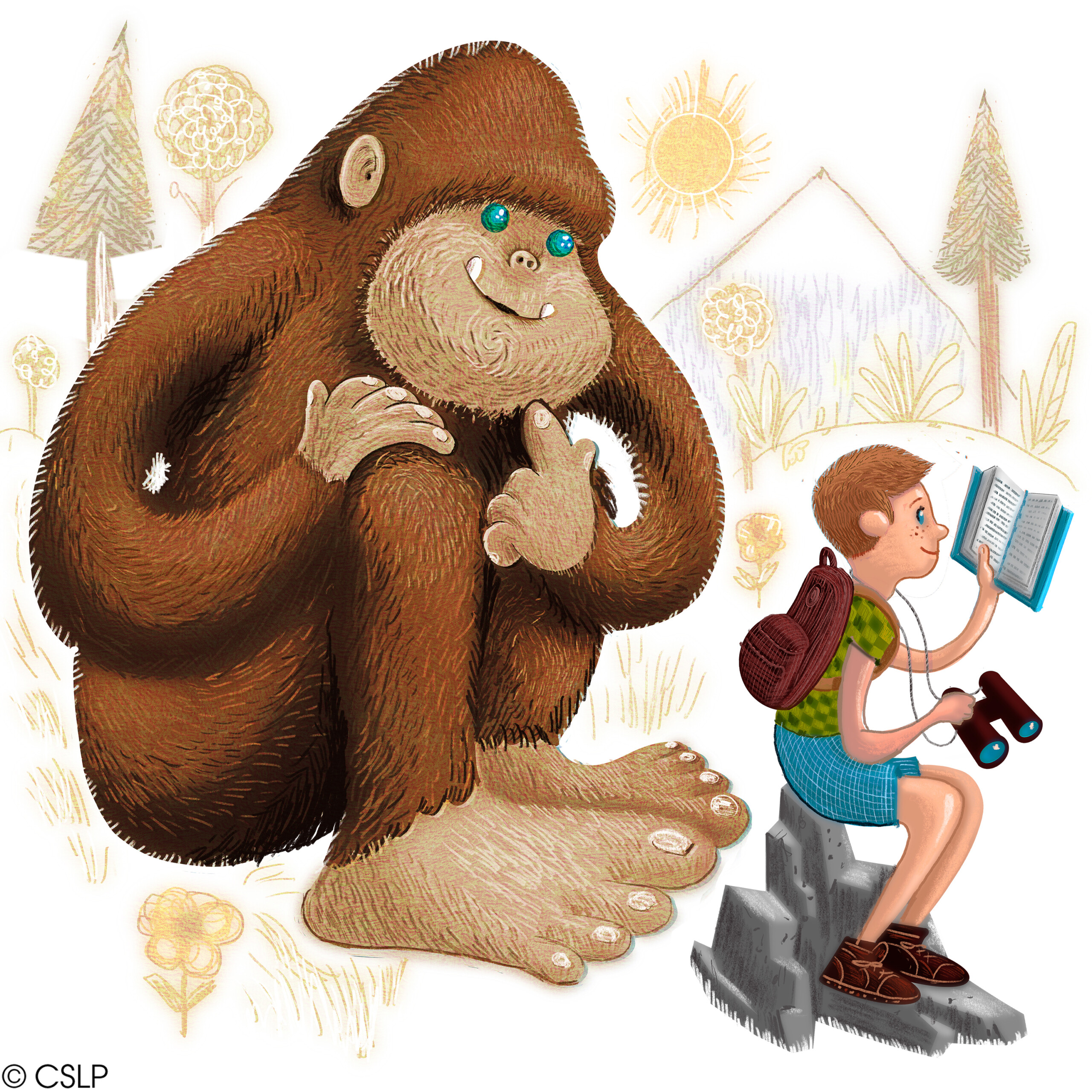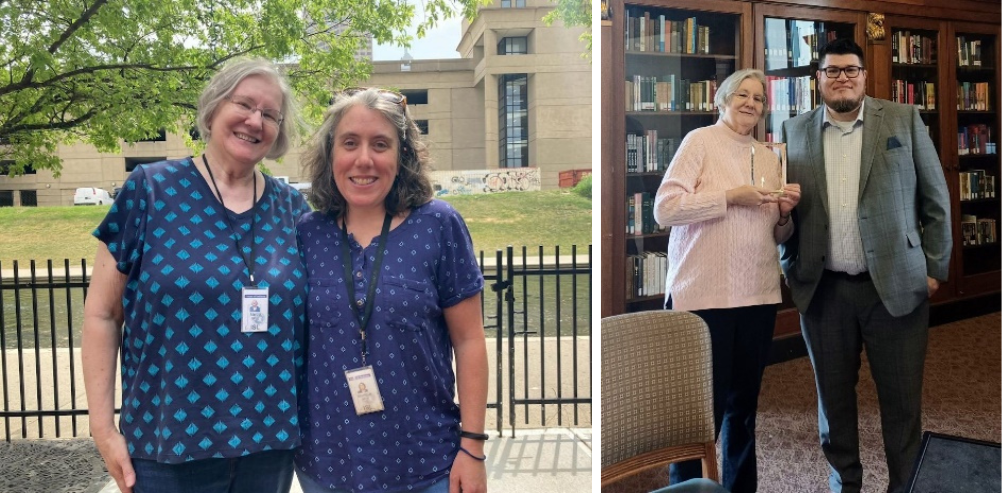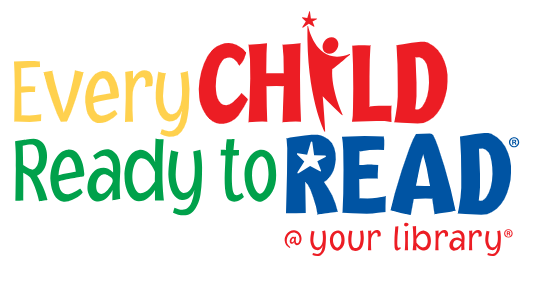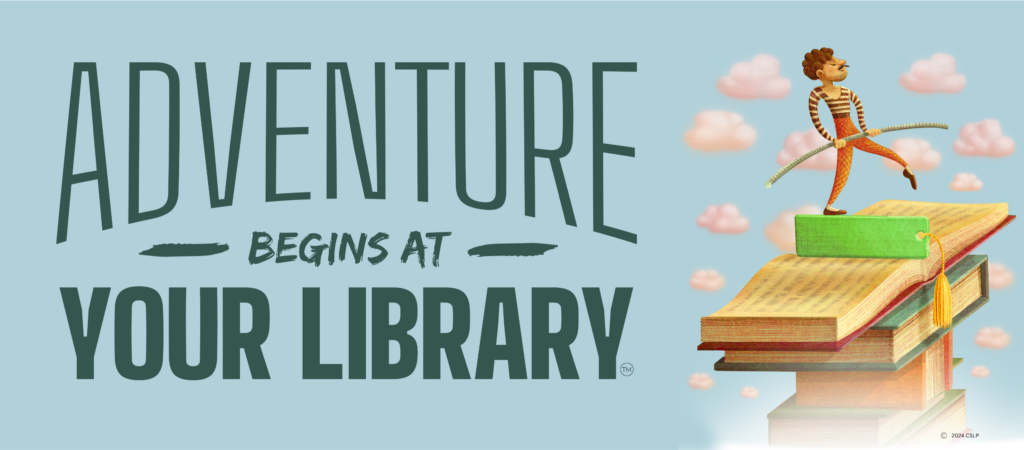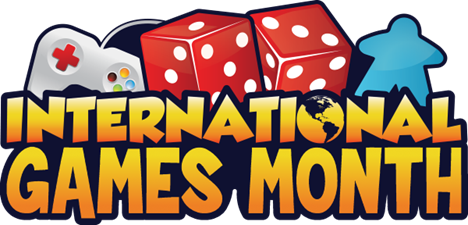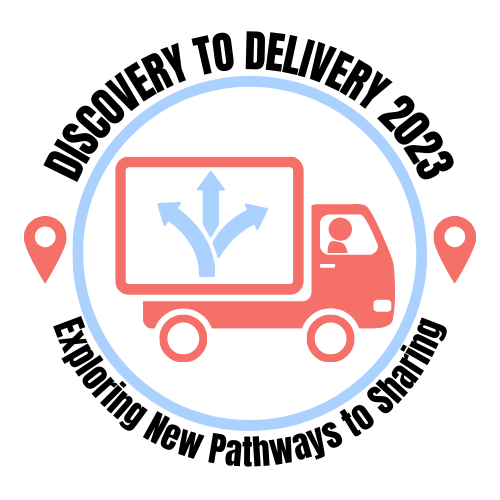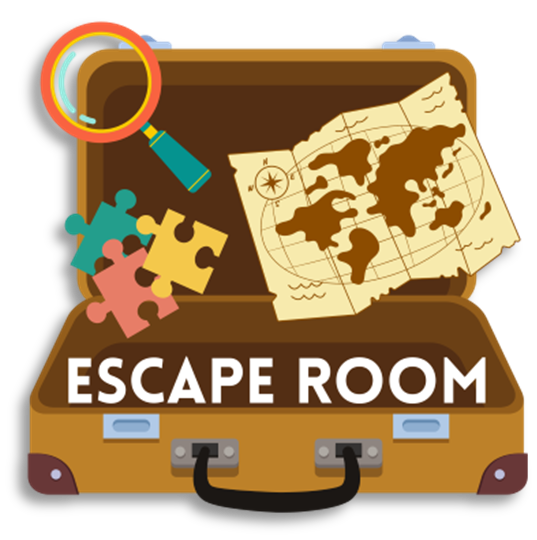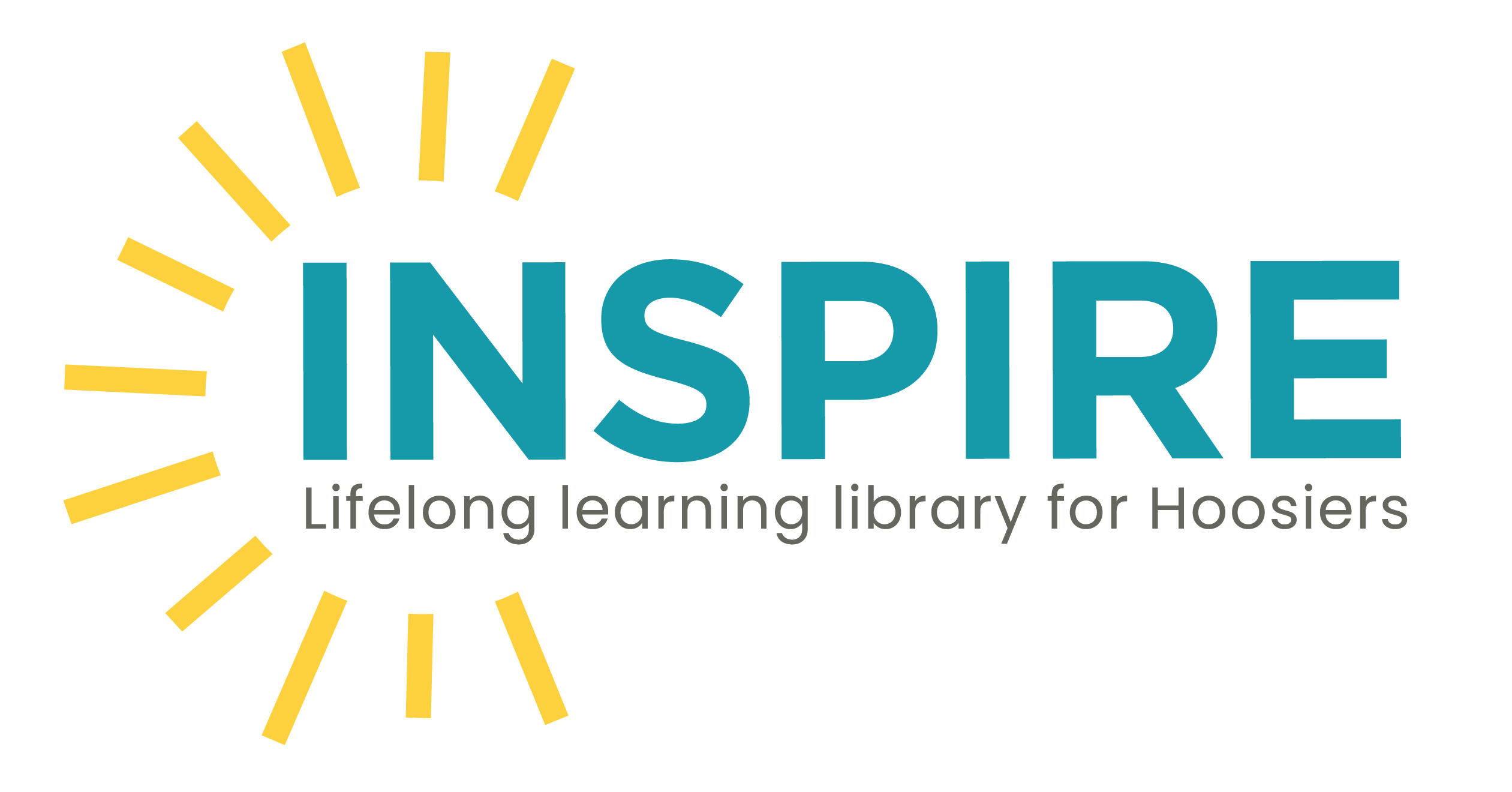The Indiana General Assembly wrapped up its 2023 session several weeks ago. Many new laws were passed including HEA 1354. HEA 1354 modifies a few things in Indiana law regarding service animals and also codifies some of the longstanding principles regarding service animals in public establishments. HEA 1354 is effective as of July 1, 2023.
HEA 1354 narrows the definition of service animal to just dogs and miniature horses. Previously, Indiana law was pretty open and recognized any animal that was trained as a hearing animal, guide animal, assistance animal, seizure alert animal, mobility animal, psychiatric service animal or autism service animal. HEA 1354 requires public accommodations to make reasonable modifications in policies, practices or procedures to permit the use of a service animal by an individual with a disability.
 In determining whether reasonable modifications in policies, practices or procedures can be made to allow a miniature horse into a specific facility, a public accommodation must consider the type, size and weight of the miniature horse and whether the facility can accommodate these features; whether the handler has sufficient control of the miniature horse; whether the miniature horse is housebroken; and whether the miniature horse’s presence in a specific facility compromises legitimate safety requirements that are necessary for safe operation.
In determining whether reasonable modifications in policies, practices or procedures can be made to allow a miniature horse into a specific facility, a public accommodation must consider the type, size and weight of the miniature horse and whether the facility can accommodate these features; whether the handler has sufficient control of the miniature horse; whether the miniature horse is housebroken; and whether the miniature horse’s presence in a specific facility compromises legitimate safety requirements that are necessary for safe operation.
A public accommodation may charge the handler for damage caused by the service animal if a public accommodation normally charges an individual for damage the individual causes. A public accommodation may ask an individual with a disability to remove a service animal from the premises if the animal is out of control and the animal’s handler does not take effective action to control it or if the animal is not housebroken. If a public accommodation excludes a service animal for reasons permitted by law, the public accommodation must give the person with a disability the opportunity to obtain services without having the service animal on the premises.
It was already the case that service animals in training are entitled to access public accommodations, but HEA 1354 adds that the service animal in training must be under the control of its trainer at all times while on the premises of the public accommodation. A service animal must be under the control of its handler at all times as well, while on the premises of a public accommodation. A service animal must have a harness, leash or other tether, unless the handler is unable because of a disability to use a harness, leash, or other tether; or use of a harness, leash or other tether would interfere with the service animal’s safe, effective performance of work or tasks in which case the service animal must be under the handler’s control by other effective means, such as the use of voice control or signals.
HEA 1354 declares that a public accommodation is not responsible for the care or supervision of a service animal. Further, a public accommodation cannot ask about the nature or extent of an individual’s disability but may make two inquiries to determine whether an animal qualifies as a service animal. The public accommodation may ask whether the animal is required because of a disability and what work or task the animal has been trained to perform.
A public accommodation cannot require documentation, such as proof that the animal has been certified, trained or licensed as a service animal. A public accommodation also may not make inquiries about a service animal’s qualifications when it is readily apparent that the animal is trained to do work or perform tasks for an individual with a disability.
An individual with a disability is permitted to be accompanied by a service animal in all areas of a place of public accommodation where members of the public, program participants, clients, customers, patrons or invitees are allowed to go.
A public accommodation cannot ask or require an individual with a disability accompanied by a service animal to pay a fee for access to the public accommodation or comply with other requirements not applicable to a person without a service animal.
An individual with a disability is defined as an individual:
(1) who has a physical or mental impairment that substantially limits one or more major life activities:
(2) who has a record of a physical or mental impairment that substantially limits one or more major life activities; or
(3) who is regarded as having a physical or mental impairment that substantially limits one or more major life activities.
A public accommodation is defined as an establishment that caters or offers services, facilities or goods to the general public.
This blog post was written by Sylvia Watson, library law consultant and legal counsel, Indiana State Library. For more information, email Sylvia.

